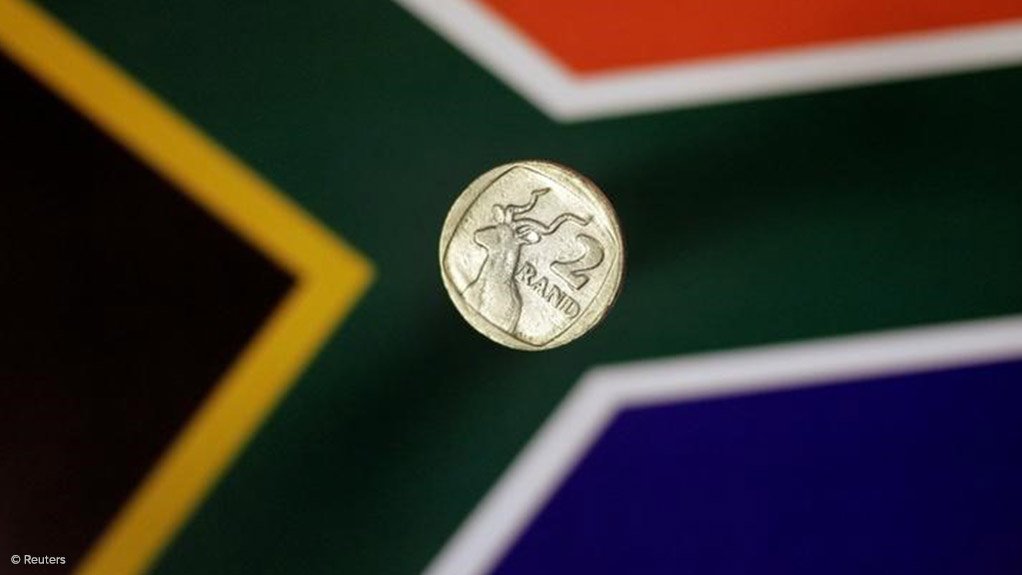South Africa must take bold steps to ease a suffocating debt burden and boost economic growth, said the International Monetary Fund (IMF).
“What we are recommending is a fiscal adjustment of 1% of gross domestic product per year for three years,” Tidiane Kinda, the IMF’s resident representative to South Africa, said in an interview at Bloomberg’s Johannesburg offices.
Steps it could take to achieve this include wage discipline, accelerating reforms at struggling State-owned enterprises and tighter control of government procurement, the Washington-based lender said.
“So, 3% of GDP over three years; and that will put public debt on a downward trajectory and lower public debt to more prudent levels of 60% to 70% of GDP in the next five to 10 years.”
South Africa’s gross debt to GDP ratio has ballooned to a projected 74.7% in the year through March 2025 from 23.6% — 16 years ago.
Finance Minister Enoch Godongwana will on Wednesday seek to convince investors that the country’s new coalition government is delivering fiscal discipline and on track to consolidate public debt when he presents the budget in Cape Town.
That’s despite pressure for more spending from his African National Congress party, which was forced into a so-called government of national unity with rivals after losing its parliamentary majority in elections last year amid public anger over sky-high unemployment.
Past failure to live within the country’s means have pushed the burden of South Africa’s debt-service costs above a fifth of government revenue, crowding out spending on health care, education and policing. It’s also constrained its ability to lift growth that has averaged less than 1% annually over the past decade.
‘Persistently Weak’
“South Africa’s persistently weak growth and relatively high average interest rate, together with large fiscal deficits, have contributed to the rapid rise in public debt,” Kinda said. “So having reforms that will, at the same time, boost growth and address fiscal challenges, is critical.”
The IMF recommends speeding up reforms at State-owned enterprises including power utility Eskom and rail-and-port operator Transnet, arguing that would have a powerful positive effect on the entire economy.
“Reducing SOE operating costs, including by rationalising wages and staffing, tackling waste, divesting non-core assets and streamlining operations to focus on core mandates could generate savings,” Kinda said. “Strict conditions for government support to SOEs, as done for Eskom, can help enhance their financial accountability, reducing fiscal risks.”
Another area where South Africa could make significant savings is by tightening up on government procurement, which the IMF sees delivering savings of as much as 3% of GDP. Nor would cutting down on government waste hurt the public, unlike spending cuts.
But, with a proposed 5.5% increase in public sector workers’ salaries on offer, the growth of the nation’s wage bill is likely to pose additional pressures.
“Reducing allowances and pay progression, introducing an evidence-based approach to pay-setting and controlling public-sector workforce growth, including through early-retirement schemes as the authorities are planning, could general savings of up to 2% of GDP,” said Kinda.
EMAIL THIS ARTICLE SAVE THIS ARTICLE FEEDBACK
To subscribe email subscriptions@creamermedia.co.za or click here
To advertise email advertising@creamermedia.co.za or click here











